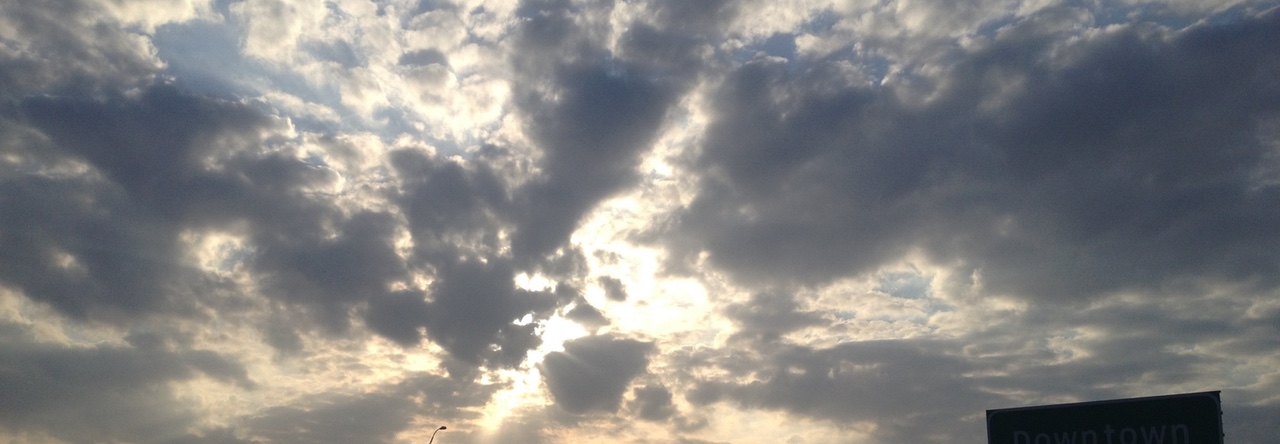I followed a link to this post from Twitter, and found it to be really profound: After the Election: Wrestling the Angel of Fear. As usual, I recommend you read all of it, as I have a half-dozen times just today. I normally wouldn’t quote this much, but there’s a lot that’s good here. I hope(!) the author won’t mind.
To give up hope is not to accept things as they are. I am appalled by the president-elect and the renewed license for intimidation and violence that has shown itself since the election. But I also must accept that things are as they are. As I drove down the road years ago, screaming at [President Bush], I was having a moment of non-acceptance, propelled by fear that turned quickly to despair. I was insisting that George Bush be different from the man he had always shown himself to be, and I was furious to be living in a country that would make him president. And I responded as if personally betrayed, as if it wasn’t fair, an outrageous violation of some law by which such things are not supposed to happen.
It makes sense to feel overwhelmed in the face of [Trump’s win]. We are only human, after all, and we have not been prepared. Instead, we have, for generations, been encouraged to see ourselves as passive consumers rather than active citizens, our minds distracted and pacified and colonized to accept the status quo or to pin ourselves to the hope for something better.
We have been trained to be easily overwhelmed and immobilized, dis-couraged with little awareness of our responsibility or power.
We have been desensitized to the pain of others, and hypersensitized to our own, taught to see pain not as a message, a wake-up call, but as something noxious to be escaped, silenced, anaesthetized.
But we cannot afford to be overwhelmed or swallowed by despair. Like the parent of a desperately ill child, we don’t get to disappear into not knowing what to do. For a day or two, perhaps, but then we have to step in and give it up and reacquaint ourselves with the courage of faith.
At first I thought the usage “dis-couraged” was a typo, or misplaced hyphenation. But on subsequent readings I decided it was purposeful, with a meaning like, “removed courage”.
[It] occurs to me that being able to choose between hope and despair comes of the freedom to sit on the sidelines and watch from the relative safety of being white. And when things go badly and we sink into despair, hope comes riding to the rescue, promising to lift our hearts, that things will work out, somehow, someday, against the odds. Whether we do anything or not.
Hope is better suited to feeling than action, for it does not so much galvanize as soothe, a refuge from despair, that does not hold us to account.
Faith, on the other hand, comes of having to wrestle the angel of fear, whose power faith would harness into action. Faith is what turns a crowd of individuals into a march and then a movement. Where hope is passive and content, faith has an agenda and makes demands.

Leave a Reply